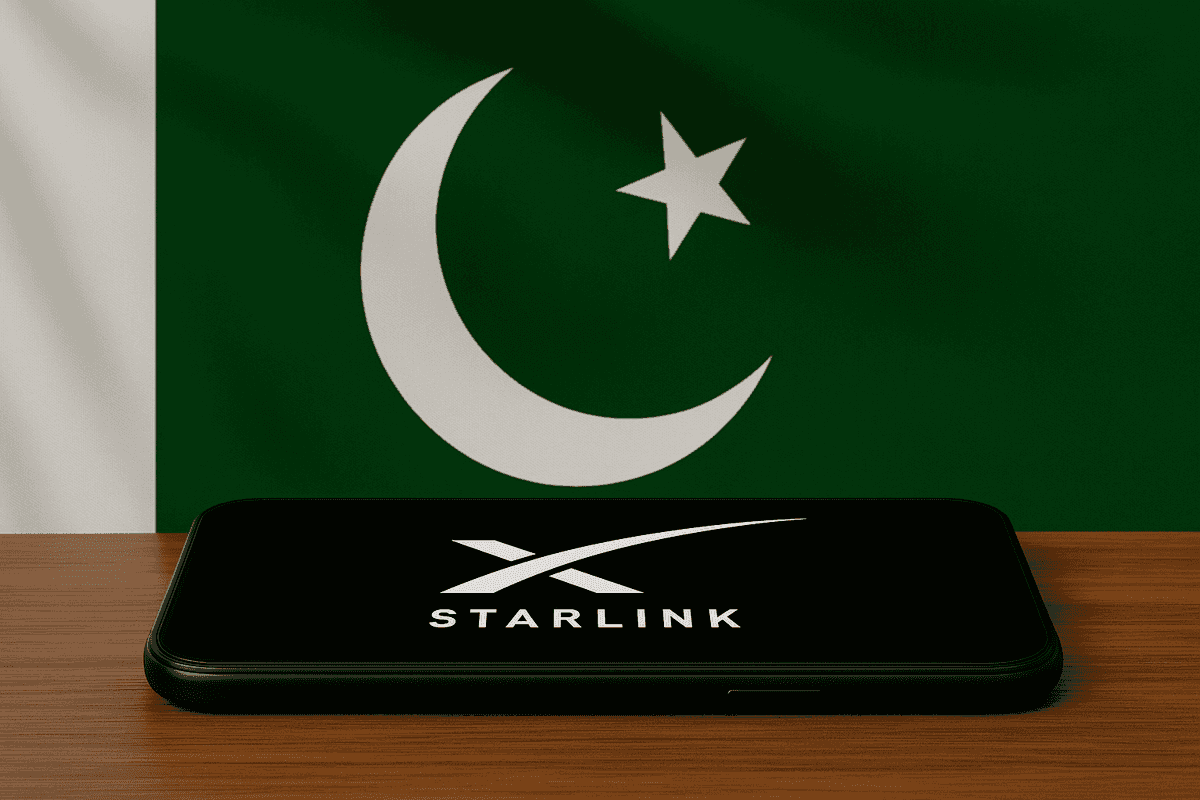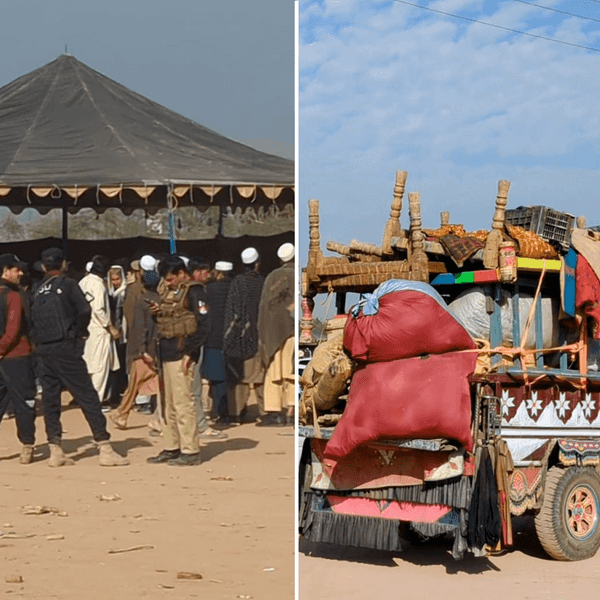Starlink agrees to Pakistan’s conditions as govt set to finalize satellite internet rules
PTA has introduced a “one-license regime” allowing satellite internet providers to operate nationwide with a single license instead of multiple local and LDI permits

Javed Hussain
Correspondent
I have almost 20 years of experience in print, radio, and TV media. I started my career with "Daily Jang" after which I got the opportunity to work in FM 103, Radio Pakistan, News One, Ab Tak News, Dawn News TV, Dunya News, 92 News and regional channels Rohi TV, Apna Channel and Sach TV where I worked and gained experience in different areas of all three mediums. My journey from reporting to news anchor in these organisations was excellent. Now, I am working as a correspondent with Nukta in Islamabad, where I get the opportunity of in-depth journalism and storytelling while I am now covering parliamentary affairs, politics, and technology.

Starlink Internet Services Pakistan Pvt. Ltd., a wholly owned subsidiary of SpaceX, has already submitted all required documents to PSARB.
Nukta
The government of Pakistan is finalizing a regulatory framework for low-earth orbit (LEO) satellite internet services, with US-based Starlink agreeing to all official conditions, including the requirement to suspend services at any location on government instructions.
Government sources confirmed to Nukta that the Pakistan Space Activities Regulatory Board (PSARB) has concluded consultations with key stakeholders on the draft rules. These include the Pakistan Telecommunication Authority (PTA), Ministry of IT and Telecom, Frequency Allocation Board, Pakistan Electronic Media Regulatory Authority (PEMRA), and the Civil Aviation Authority.
The consultation period, initially set to end July 31, was extended until August 18. Officials now expect the rules to be finalized and notified within the next two weeks.
Starlink and SpaceSail eye Pakistani market
Starlink Internet Services Pakistan Pvt. Ltd., a wholly owned subsidiary of SpaceX, has already submitted all required documents to PSARB. The company was provisionally registered in March 2025 to plan its ground infrastructure.
Officials said Starlink has accepted every licensing condition, most notably the obligation to suspend services when directed by authorities. Once the framework is notified, PTA is expected to issue a no-objection certificate (NOC), followed by licenses within an additional week.
China’s “SpaceSail,” part of Beijing’s Space Silk Road initiative under the Belt and Road framework, has also applied to provide services in Pakistan. The partnership builds on growing space cooperation, including the July 2025 launch of Pakistan’s PRSS-01 remote sensing satellite and astronaut training for the Chinese space station.
One-license regime for satellite services
In parallel, PTA has finalized a “one-license regime” for satellite internet providers. Under the new system, companies will require only a single nationwide license, instead of securing multiple local loop and long-distance international (LDI) licenses.
This new license category, developed under Pakistan’s Telecom Policy 2015, will exclusively cover satellite-based services and apply to companies registered with PSARB. Existing LDI operators will retain their current licenses, but satellite entrants like Starlink will only need one unified license instead of 14 separate LDI licenses.
Regulatory framework in final stage
PSARB emphasized that Starlink’s provisional registration remains temporary until the comprehensive regulations are approved. These rules are being developed with the help of consultants to ensure alignment with Pakistan’s telecom and space policies.
Once in force, the rules will not only open Pakistan’s market to global satellite operators like SpaceX and SpaceSail but also streamline licensing, potentially making high-speed satellite broadband more accessible nationwide.







Comments
See what people are discussing